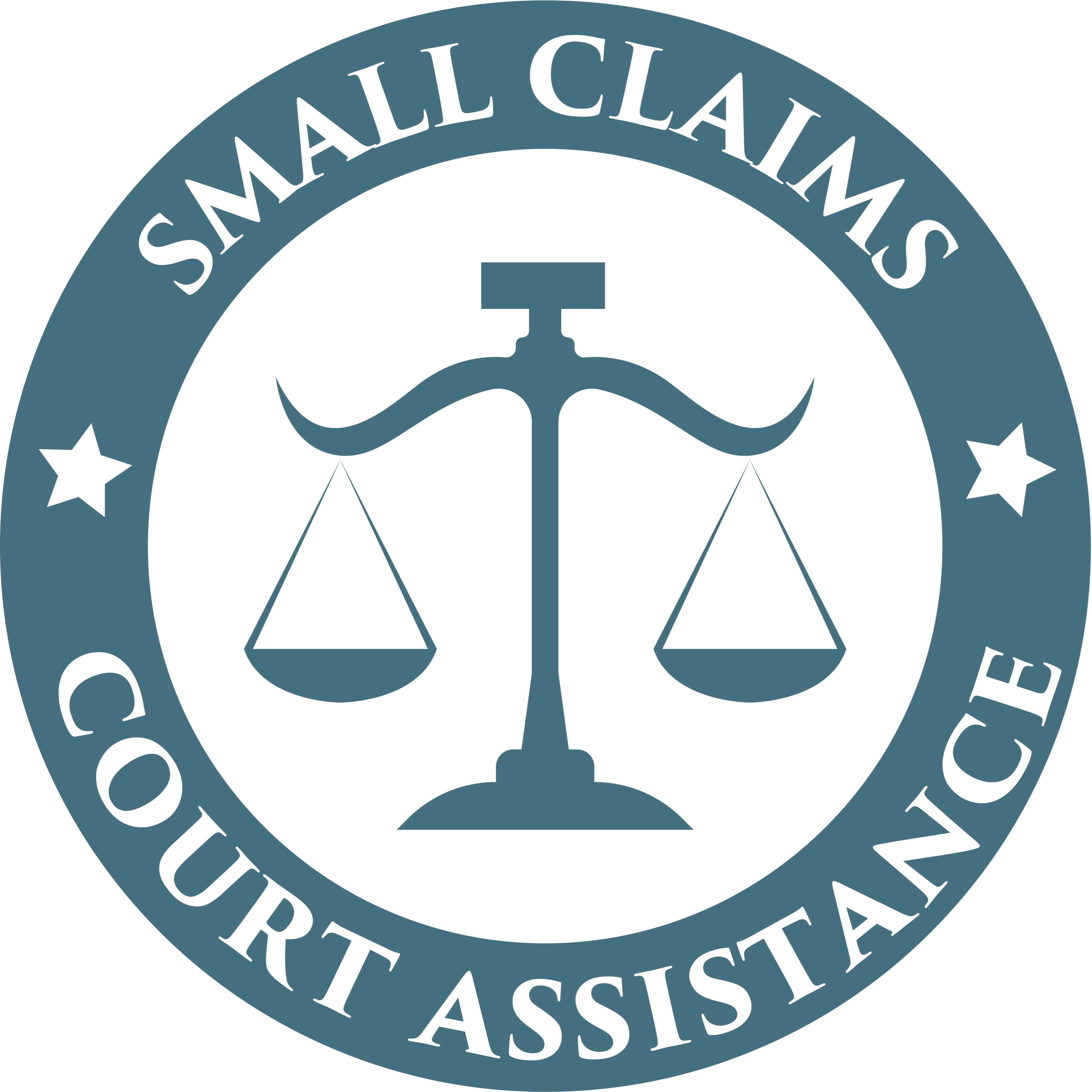Client ghosting can be a frustrating and challenging experience for small business owners involved in small claims cases. When a client suddenly disappears and stops responding to communication, it can have significant impacts on the progress and outcome of the case. This article explores the consequences of client ghosting, the legal implications, the challenges faced by small business owners, and strategies to deal with this issue.
Key Takeaways
- Client ghosting can have a detrimental impact on small claims cases, causing delays and difficulties in obtaining a resolution.
- Legal consequences of client ghosting can include default judgments and potential liability for the client.
- Small business owners face unique challenges when dealing with client ghosting, including financial strain and damage to their reputation.
- Strategies to deal with client ghosting include maintaining thorough documentation, pursuing alternative dispute resolution methods, and seeking legal advice if necessary.
- Effective communication and proactive measures can help prevent or mitigate the effects of client ghosting in small claims cases.
The Impact of Client Ghosting on Small Claims Cases
Understanding Client Ghosting
Client ghosting can have a significant impact on small claims cases. It disrupts the dynamic ecosystem of the legal process, making it difficult for small business owners to seek justice. When clients disappear without a trace, it creates a frustrating and uncertain situation for everyone involved. Without the necessary communication and cooperation, resolving the case becomes a challenge.
Legal Consequences of Client Ghosting
When a client ghosts us, it can have serious legal consequences. We, as small business owners, rely on timely payments to keep our businesses running smoothly. When a client fails to pay their debts, it can lead to financial strain and even bankruptcy. It’s important to understand the legal implications of client ghosting and take appropriate action.
One of the first steps we take is to send a letter to the debtor, demanding payment of the debt owed to us. This letter is usually sent on our law firm letterhead, which adds a level of professionalism and seriousness to the matter. We want the debtor to understand that we are serious about collecting what is owed to us.
If the debtor continues to ignore our attempts to contact them, we may need to escalate the situation. This can involve further letters explaining the issues surrounding the case and recommending the next steps. We want to make sure the debtor understands the consequences of their actions and the potential legal action that may be taken against them.
After a thorough investigation of the case and the debtor’s assets, we will make a recommendation. If we determine that the possibility of recovery is not likely, we may recommend closing the case. However, if litigation is deemed appropriate, you, as the client, will have a decision to make. If you choose not to proceed with legal action, we will drop the case and you will not owe our firm or our affiliated attorney anything.
Challenges Faced by Small Business Owners
Small business owners face numerous challenges when dealing with client ghosting. One of the main challenges is the difficulty of pursuing legal action in small claims court. This can be a time-consuming and costly process, especially for small businesses with limited resources. Additionally, small business owners may struggle to locate debtors and identify their assets, which is crucial for successful debt recovery. Without the necessary resources and expertise, collecting a judgment can be a daunting task. Moreover, small business owners often lack the negotiation skills to resolve disputed claims without the need for expensive private mediators. These challenges can significantly impact the financial stability and growth of small businesses.
Strategies to Deal with Client Ghosting
When faced with client ghosting, it is important to have a plan in place to protect our financial management. Here are some steps we can take:
-
Maintain clear communication: Keep records of all interactions with clients, including emails, messages, and phone calls. This will help us in case of any disputes.
-
Set clear expectations: Clearly outline our payment terms, deadlines, and consequences for non-payment. This will help prevent clients from disappearing without paying.
-
Follow up: If a client goes silent, don’t hesitate to reach out and follow up. Sometimes, they may have simply forgotten or been busy. A gentle reminder can help get things back on track.
-
Consider legal action: If all else fails and the client still refuses to respond or pay, we may need to consider taking legal action. Consult with a lawyer to understand our options and the best course of action.
Remember, client ghosting can be frustrating, but by being proactive and taking the necessary steps, we can minimize its impact on our business.
Client ghosting can have a significant impact on small claims cases. When clients suddenly stop responding or disappear without a trace, it can leave debt collectors in a difficult position. Without communication, it becomes challenging to resolve the outstanding debts and reach a settlement. Debt Collectors International understands the frustration and complications that arise from client ghosting. Our team of experienced professionals is dedicated to providing debt collection solutions made simple. With our expertise and resources, we can help navigate through the complexities of small claims cases and ensure a successful resolution. Don’t let client ghosting hinder your debt collection efforts. Contact Debt Collectors International today and let us assist you in recovering what is rightfully owed to you.
Frequently Asked Questions
What is client ghosting?
Client ghosting refers to the situation where a client suddenly stops responding or communicating with a small business owner, usually after receiving goods or services.
What are the legal consequences of client ghosting?
The legal consequences of client ghosting can vary depending on the specific circumstances and jurisdiction. In some cases, small business owners may have the right to pursue legal action to recover unpaid debts or seek compensation for damages.
How does client ghosting impact small claims cases?
Client ghosting can significantly impact small claims cases as it can make it difficult for small business owners to gather evidence, communicate with the client, and pursue legal remedies. It can prolong the legal process and make it more challenging to recover losses.
What challenges do small business owners face due to client ghosting?
Small business owners face various challenges due to client ghosting, including financial losses, wasted time and resources, increased stress, and difficulty in maintaining cash flow and business operations.
How can small business owners deal with client ghosting?
Small business owners can deal with client ghosting by taking proactive measures such as maintaining clear communication channels, using written contracts, setting payment terms and deadlines, implementing follow-up procedures, and seeking legal assistance if necessary.
Are there any preventive measures to avoid client ghosting?
While it may not be possible to completely prevent client ghosting, small business owners can take preventive measures such as building strong relationships with clients, providing excellent customer service, setting realistic expectations, and maintaining open lines of communication.


Comments are closed